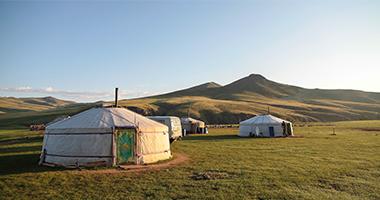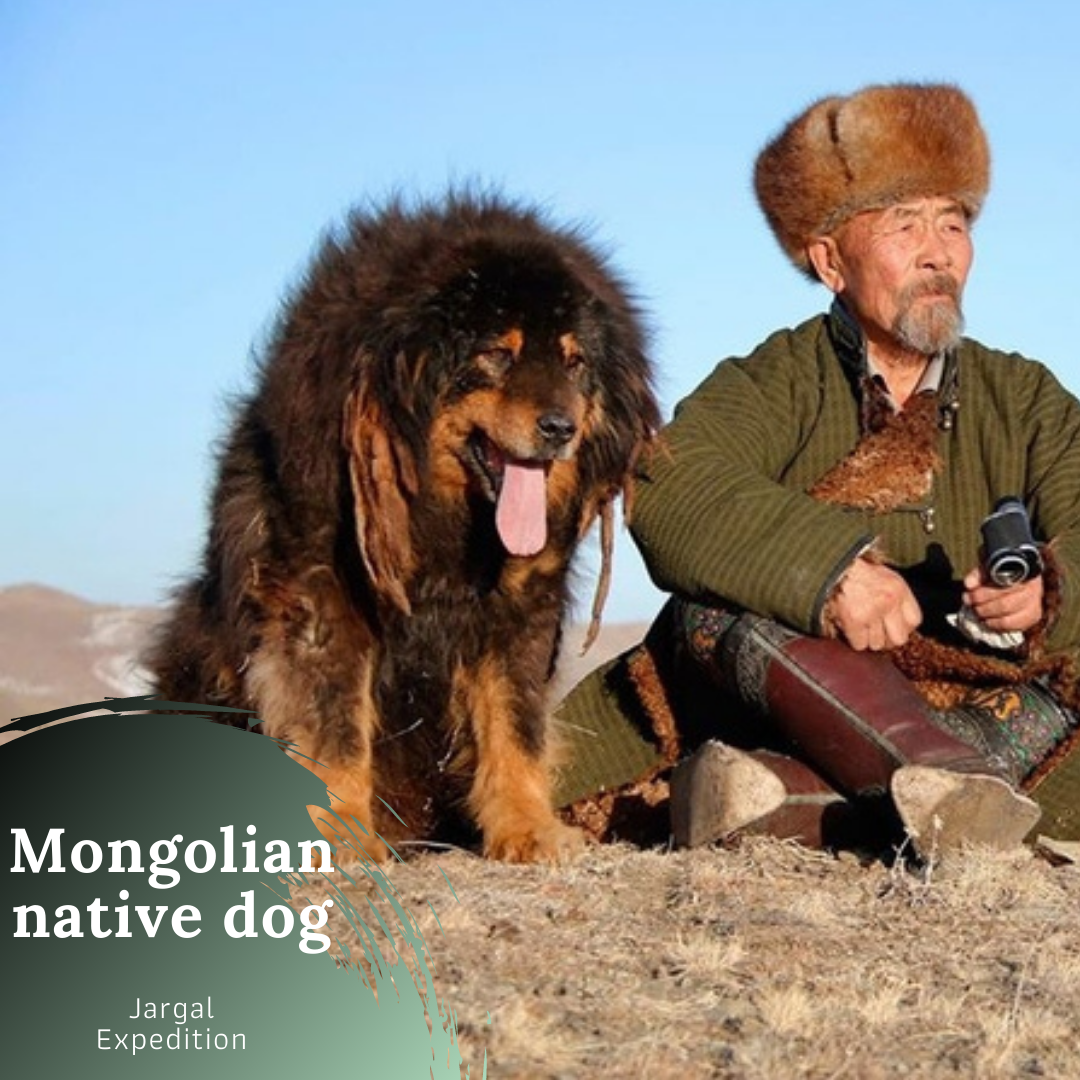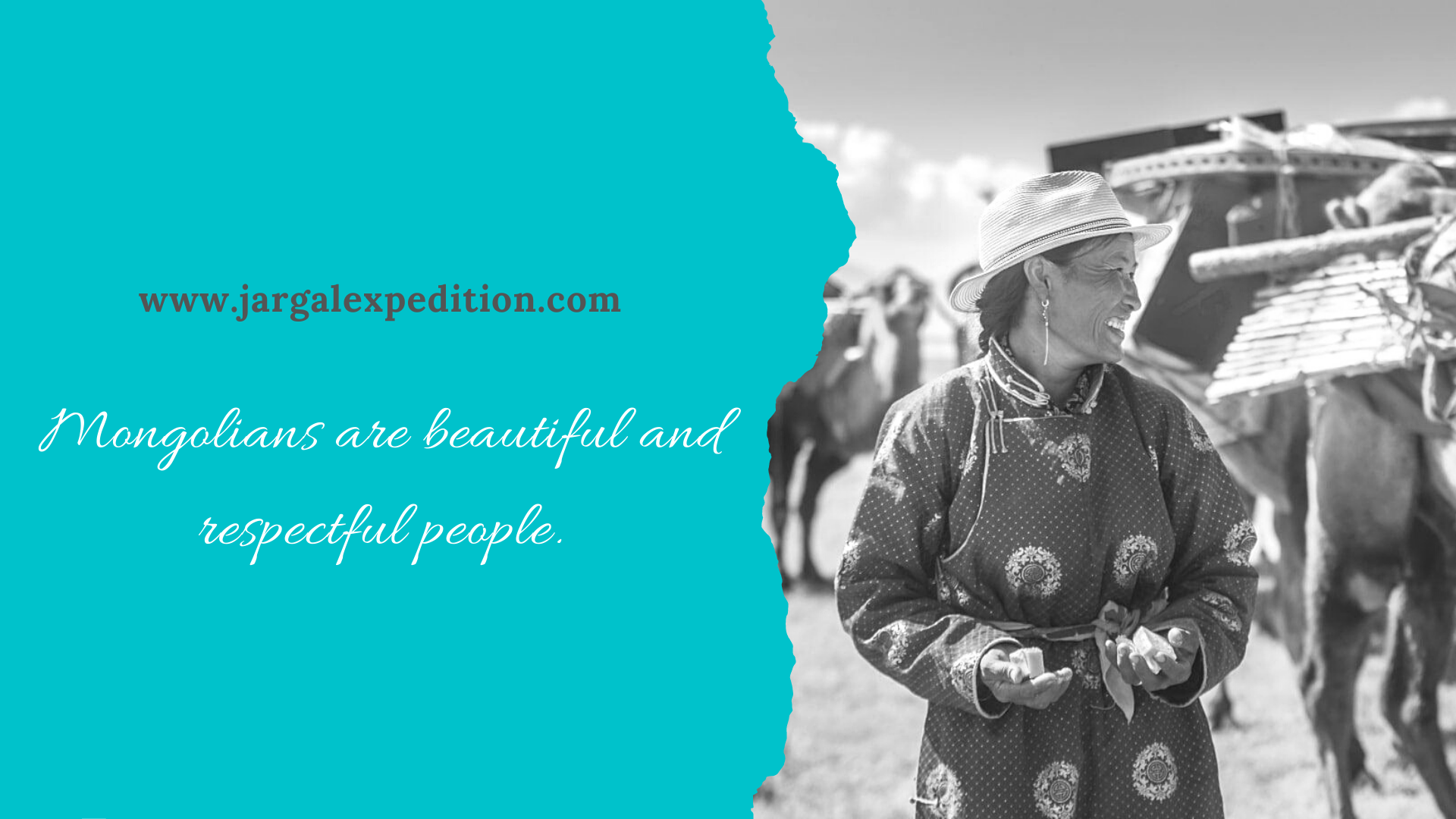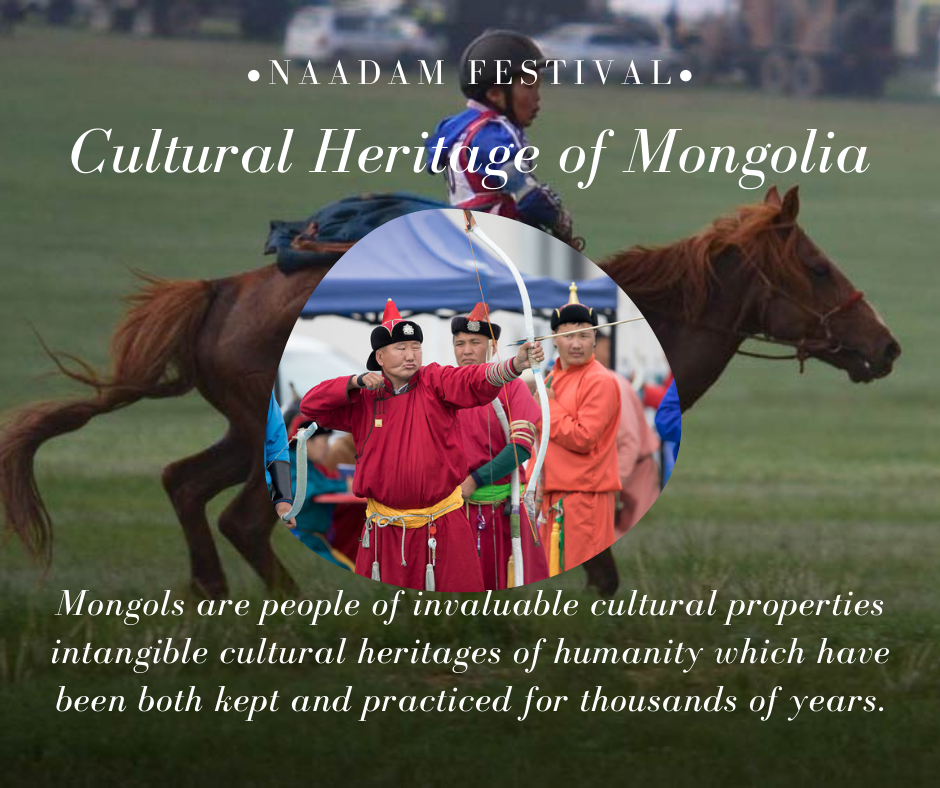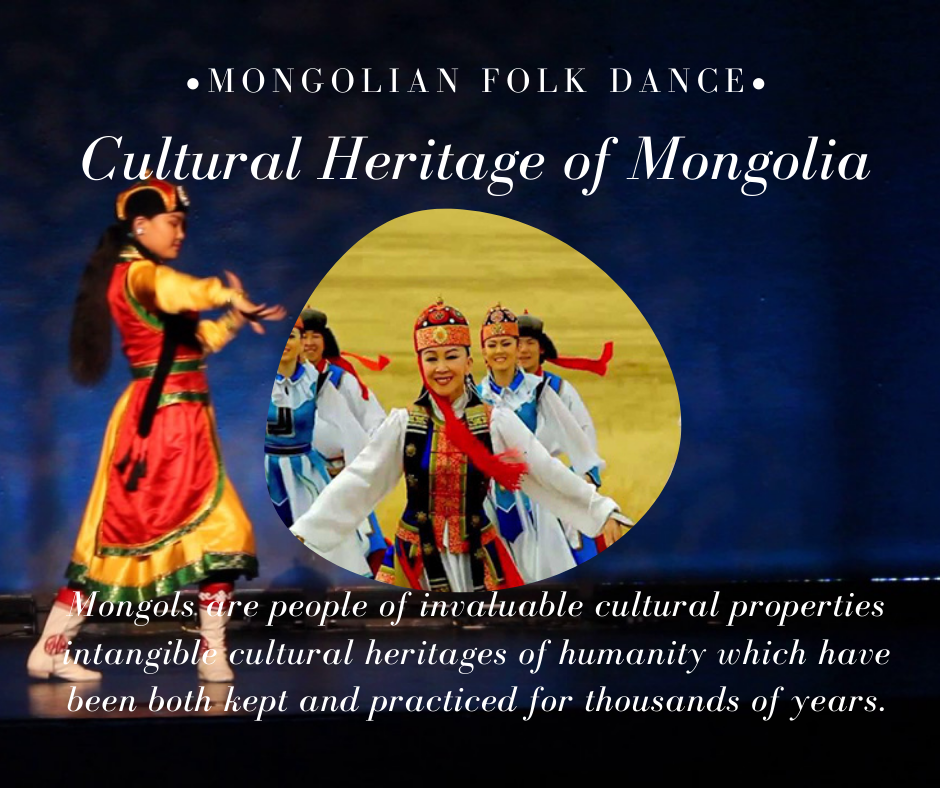Mongolian Literature- The Secret History of the Mongols
Mongolian Literature- The Secret History of the Mongols
Mongol literature has been greatly influenced by its nomadic oral traditions. The "three peaks" of Mongol literature, The Secret History of the Mongols, Epic of King Gesar and Epic of Jangar, all reflect the age-long tradition of heroic epics on the Eurasian Steppe. Mongol literature has also been a reflection of the society of the given time, its level of political, economic and social development as well as leading intellectual trends.
History had traditionally been kept alive through oral epics, performed by nomadic bards, until writing was introduced in the Genghis Khan era in the 12th century. Because the Mongol Empire was so vast the Mongols were written about in many languages by numerous chroniclers of divergent conquered societies, who provided a wide range of perspectives, myths, and legends. Much of what has been written about the Mongols was produced by people who came in contact with the Mongols—often enemies or hostile neighbors of the Mongols, who generally did not have nice things to say and were less than objective—not the Mongols themselves. Because many foreign accounts are about the Mongol invasions and were written by the conquered, the Mongols often are described in unfavorable terms, as bloodthirsty barbarians who kept their subjects under a harsh yoke. Mongol sources emphasize the demigod-like military genius of Chinggis Khan, providing a perspective in the opposite extreme.
The most well-known Mongolian work is The Secret History of the Mongols. A Chinese copy was found by a Russian diplomat in Beijing a 1866. An original Mongolian copy has never been found. Much of what is known about the Mongols comes from this book, which has been dated to A.D. 1240. Its author is unknown.

Contact us
recommended tour
We are a small but very active tour operator company responsible for adventure holidays and horse riding engagements
